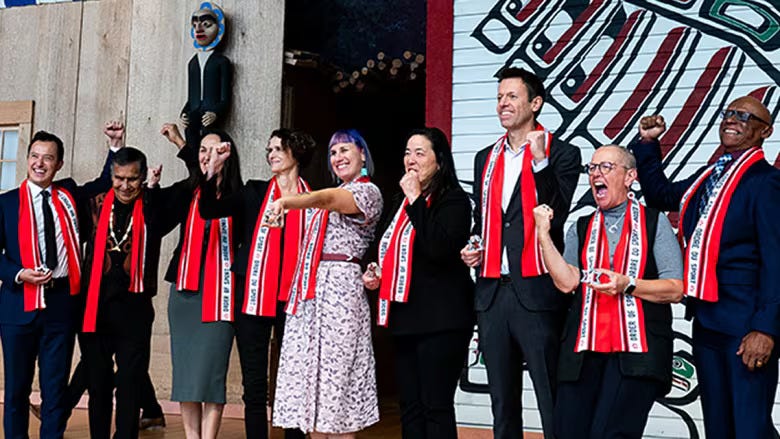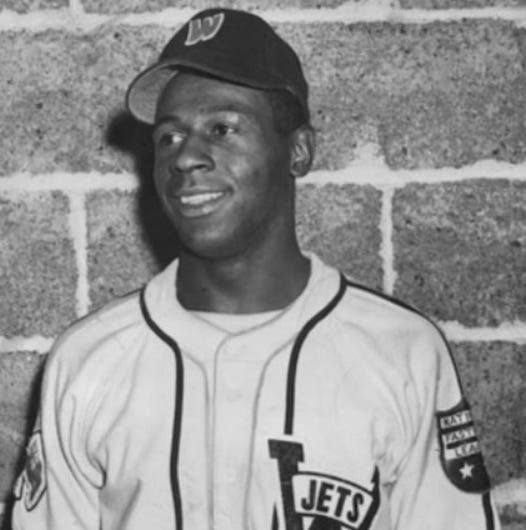Canada’s Sports Hall of Fame inducts nine new members
The group received the Order of Sport on Wednesday in Gatineau, Quebec.
Nine people were inducted into Canada’s Sports Hall of Fame on Wednesday — six in the Athlete category, two in the Builder category and one as a Trailblazer.
The nine selections, all of whom also received the Order of Sport honour as well, were made from over 230 nominations from coast-to-coast. They join nearly 700 people who have been inducted since the first class in 1955.
Athletes
Patrick Chan, a three-time Olympian and the most decorated male figure skater in Canadian history, was inducted six years after retiring from international competition after the Pyeongchang 2018 Winter Olympics. Chan was a gold medallist at those Games in the team event, adding to a pair of silver medals from Sochi 2014 in both the team and men’s singles events. He is also a ten-time national champion and since retiring has advocated for men’s mental health and diversity, equity and inclusion.
Kirby Cote won 13 medals across three Paralympic appearances in the S13 visually impaired classification, including seven medals (five gold, two silver) at the 2004 Games in Athens. She is one of the most decorated Canadian Para athletes ever, and promotes greater accessibility and inclusion for people and athletes with disabilities.
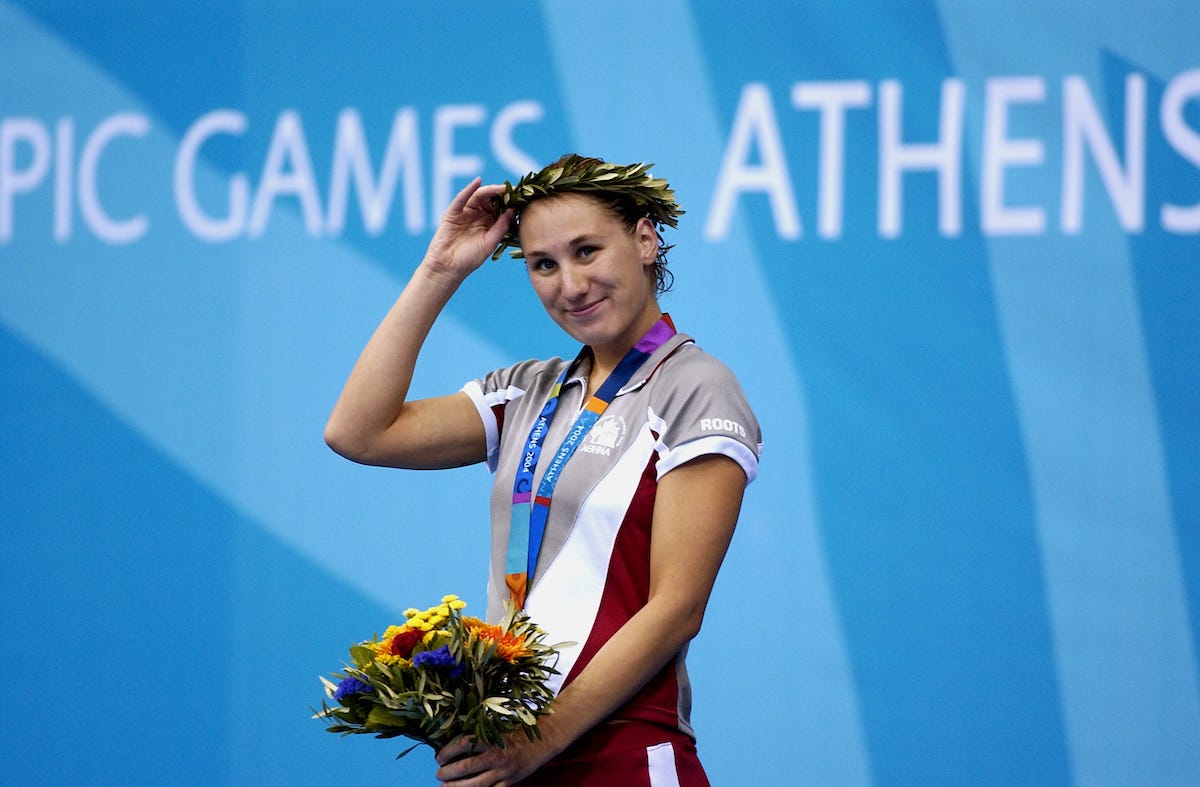
Vicky Sunohara spent 19 years playing for Team Canada in women’s hockey, and won medals in all three of her Olympic appearances — silver in 1998 and golds in 2002 and 2006. One of the most successful players in the sport’s history, Sunohara also won seven world championships with Canada before retiring in 2008. She later became the University of Toronto’s first-ever full-time women’s hockey head coach, a role she still holds 14 years later, and works with several programs to make sports more inclusive for all athletes.
Daniel Nestor is widely considered one of the best doubles tennis players of all time, with one of his crowning achievements being the Olympic gold he won with Sébastien Lareau at the Sydney 2000 Olympics, Canada’s first Olympic medal in the sport. His career spanned nearly three decades, and included 12 Grand Slam titles before he retired in 2018. Since retiring he has focused on organizing tennis events in support of healthcare initiatives, as well has helping improve access to the sport of tennis for Canadian youth.
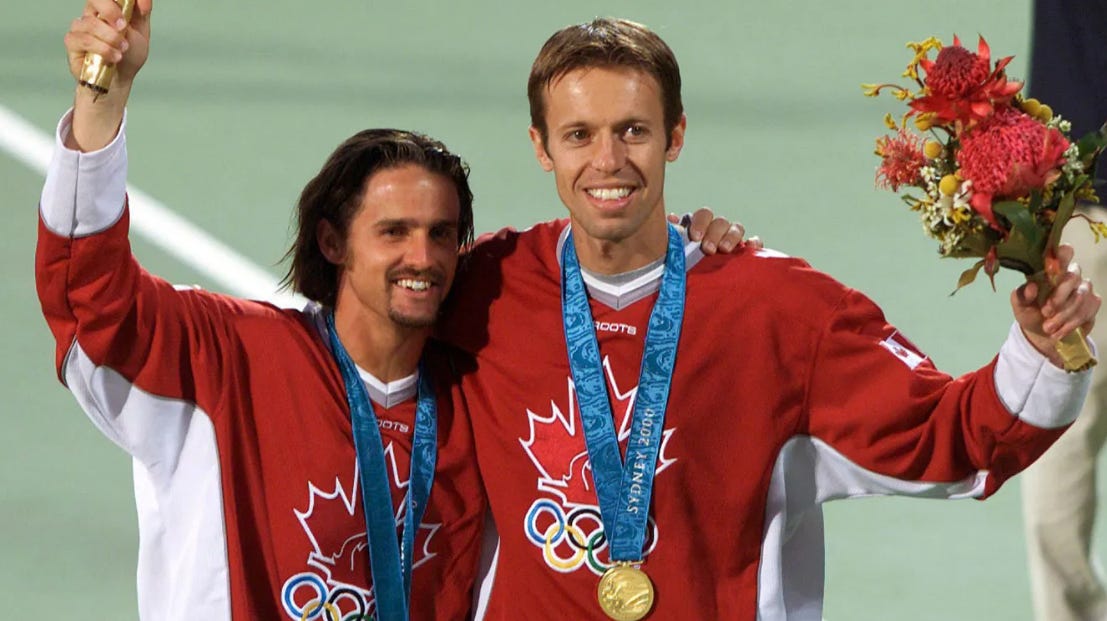
In 1992, Angela Chalmers became the first Indigenous woman representing Canada to win an Olympic medal, earning bronze in the 3000m athletics event in Barcelona. A member of the Birdtail Sioux First Nation, Chalmers became a role model and advocate for Indigenous people in Canada. Before her Olympic success and retiring in 1997, Chalmers won two gold medals at the 1990 Commonwealth Games, in the 3000m and 1500m events, as well as a silver medal in the 3000 at the 1985 Pan Am Games.
An incredibly talented multisport athlete, Fred Thomas was inducted posthumously on Wednesday. After serving in the Royal Canadian Air Force during World War Two, Thomas was a superstar athlete at Assumption College, now University of Windsor. He broke the colour barrier in Minor League Baseball's Eastern League about a year after Jackie Robinson did so in Major League Baseball, and in 2021 was inducted into the Canadian Baseball Hall of Fame. He was also the first black Canadian to play football for the Toronto Argonauts, and played professional basketball for all-black teams in the United States, trained with the Harlem Globetrotters, and was considered one of the top basketball players in Canada but wasn’t selected for the national team — which at the time did not have any black players.
After retiring from sport, Thomas became a high school math and physical education teacher in Toronto before he passed away in 1981 at the age of 57. His son Dennis Thomas accepted the Order of Sport on his behalf.
Builders
Alex Nelson was inducted in the Builder category for his lifelong dedication to Indigenous sport and his leadership in that space. Nelson co-founded the Aboriginal Sports and Recreation Association of British Columbia, and was a three-time president of the North American Indigenous Games. A member of the Musgamaqw-Dzawada’enuxw First Nation, Nelson is a survivor of the Alert Bay residential school system, and used soccer to help him get through those difficult times.
Also entering in the Builder category was Dr. Guylaine Demers, who as a researcher, teacher, and activist has dedicated her life to gender equity in sport, as well as combating homophobia and transphobia. Demers is a member of the Canadian Olympic Committee’s sports inclusion task force, and received the International Olympic Committee's Women and Sport Award for the Americas in 2020.
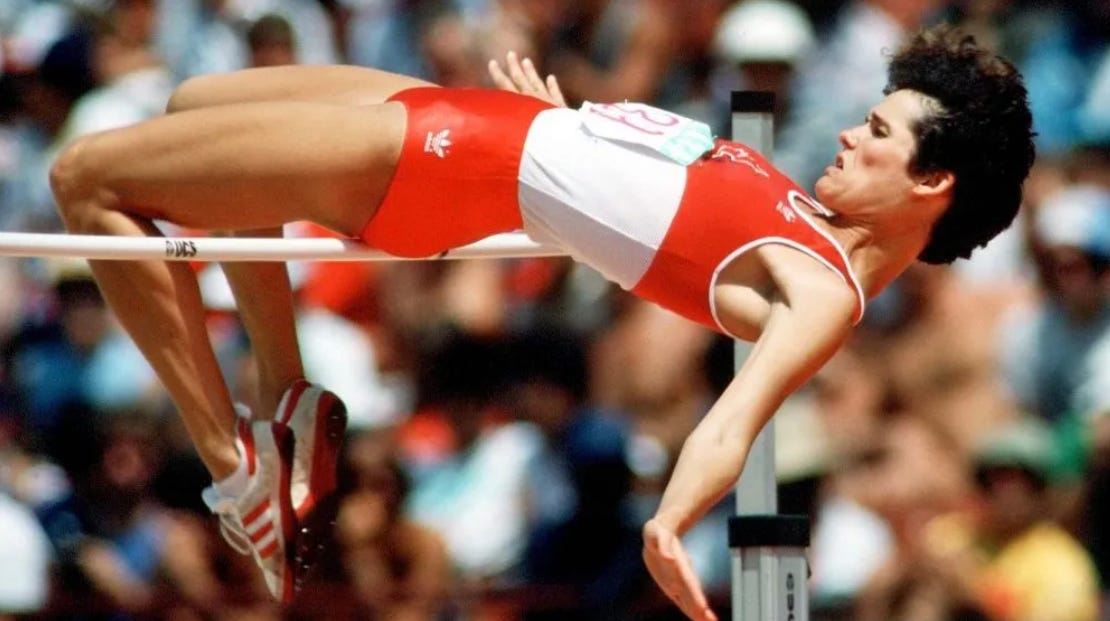
Trailblazers
The lone 2024 inductee into the trailblazers category was three-time Olympic high jumper Debbie Brill. Brill developed a unique reverse jumping technique, commonplace in the sport today, which became known as the “Brill Bend.” Her Canadian record of 1.99m has stood for over 40 years.
She was ranked number one in the world in 1979, but wasn’t able to go to the 1980 Olympics as Canada participated in a boycott of the Games in Moscow.
Thank you for reading this post on True North. To be the first person to read future posts, and listen to new podcast episodes, subscribe for free using the button below, or share the article with someone you know.



